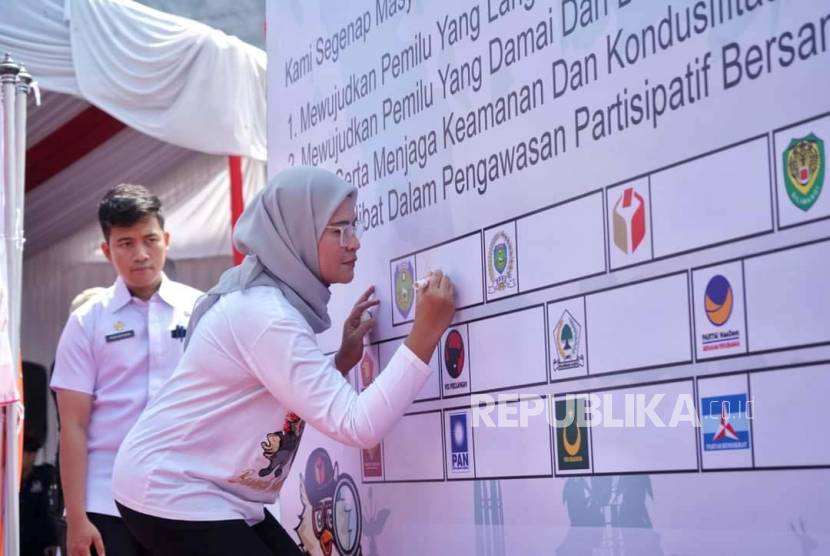Unmasking the Link: New Study Reveals Potential Cause-and-Effect Relationship Between Frailty and Acute Respiratory Distress Syndrome
This groundbreaking research utilizes cutting-edge Mendelian Randomization (MR) techniques to investigate the complex relationship between frailty and Acute Respiratory Distress Syndrome (ARDS). Frailty, a state of increased vulnerability to stressors, is often associated with aging and chronic illness. ARDS, a severe lung condition causing breathing difficulties, can be life-threatening.
The study, conducted by researchers leveraging large-scale public genetic data sets, aimed to determine if there’s a causal link between these two conditions. This innovative approach uses genetic variants associated with frailty and ARDS as proxies to uncover potential cause-and-effect relationships.
Deciphering the Genetic Puzzle:
*
The researchers utilized GWAS (Genome-Wide Association Study) data from extensive cohorts, including participants from the UK Biobank and the FinnGen database.
-
They focused on two common measures of frailty – the Frailty Index (FI) and the Fried Frailty Score (FFS).
-
Utilizing
sophisticated statistical techniques, they performed MR analyses to assess the potential causal direction between frailty and ARDS.
Results: Hints of a Two-Way Street?
The study’s findings suggest a potential bidirectional relationship:
*Frailty may increase the risk of developing ARDS.
-
People who have experienced ARDS may be more susceptible to future frailty.
The researchers also employed rigorous quality control measures and sensitivity analyses to ensure the robustness of their findings. They addressed potential confounding factors by using techniques like Latent Heritable Confounder Mendelian Randomization (LHC-MR). This helps to isolate the direct effects of frailty and ARDS from other influencing factors.
Implications for the Future:
These findings shed new light on the intricate connection between frailty and ARDS. The potential for a bidirectional relationship highlights the need for preventative strategies that address both conditions. This research has significant implications for:
- Clinical Practice: Identifying individuals with frailty may help clinicians assess their risk for ARDS and implement early interventions.
-
Research Priorities:
Further research is needed to understand the underlying mechanisms driving this relationship and develop targeted therapies to mitigate the risk of both ARDS and frailty.
The study’s authors emphasize the need for further validation and exploration of these findings. Nevertheless, their work contributes valuable insights into the complex interplay of frailty and ARDS, paving the way for future research and potentially informing more effective healthcare strate
g
ies.
What are your thoughts on this research and its implications for public health? Share your insights in the comments below!


